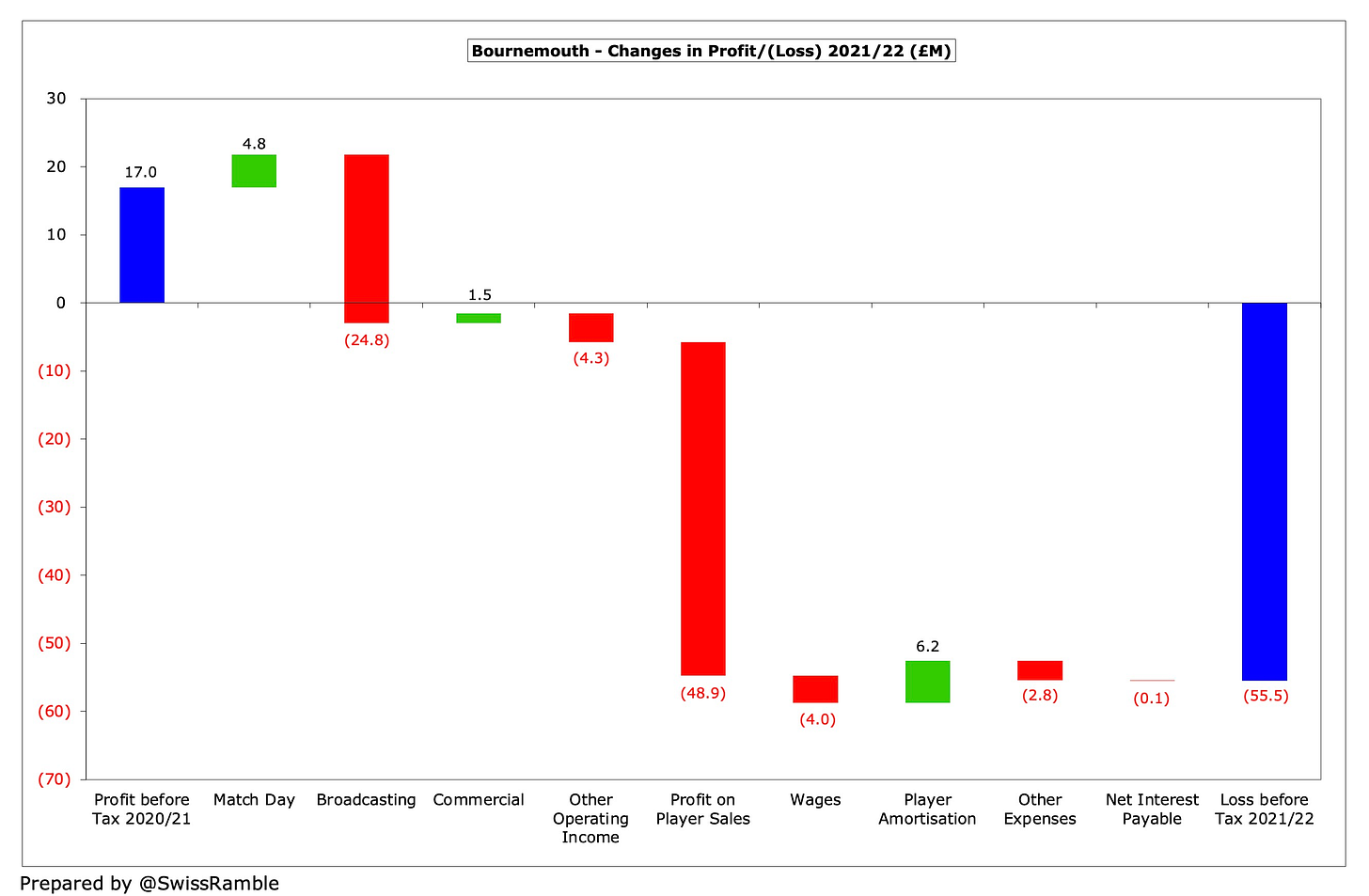AFC Bournemouth’s financial results for 2021/22 covered a season when they finished second in the EFL Championship, thus securing promotion to the Premier League just two years after they were relegated.
This feat was achieved under head coach Scott Parker, but he was replaced by Gary O’Neil in August 2022 after a poor start to the club’s second spell in the Premier League, including a chastening 9-0 defeat at Liverpool.
Club Sale
Of course, that’s not the only major transformation since these accounts were published, as the club has changed hands after 11 years under the ownership of Maxim Demin. In December 2022 the Russian sold his 100% stake in the club to Black Knight Football Club, where Bill Foley is the Managing General Partner.
Foley has experience in running a sports club, as he also owns the Vegas Golden Knights, a successful NHL franchise. Various figures have been reported for the purchase price, but the most commonly quoted is £120m. Importantly, Foley said that there were no borrowings involved in the deal.
Profit/(Loss) 2021/22
Bournemouth swung from a £17m pre-tax profit to a £56m loss, mainly because profit from player sales dropped £49m from £56m to £7m, though revenue also fell £19m (26%) from £72m to £53m. In addition, other operating income decreased £4m to £1m, while operating expenses were very slightly up.
The club said that this was because of the focus on achieving promotion back to the Premier League, i.e. the price of success, though they added that they still ensured that the business was on a stable financial footing.
The main driver of Bournemouth’s £19m revenue decrease was broadcasting, which fell £25m (37%) from £68m to £43m, due to lower parachute payments in the second year in the Championship.
However, the other revenue streams actually increased. The return of fans to the stadium after COVID restrictions were lifted meant an increase in match day from just £329k to £5.1m, while commercial rose £1.5m (39%) from £3.8m to £5.3m.
Despite the fall in revenue, Bournemouth’s wages increased £4m (7%) from £57m to £61m, very largely due to bonus payments for promotion. However, player amortisation dropped £6m (17%) from £36m to £30m.
Other expenses grew £3m (20%) from £14m to £17m, mainly due to the higher cost of staging games with fans.
Keep reading with a 7-day free trial
Subscribe to The Swiss Ramble to keep reading this post and get 7 days of free access to the full post archives.






